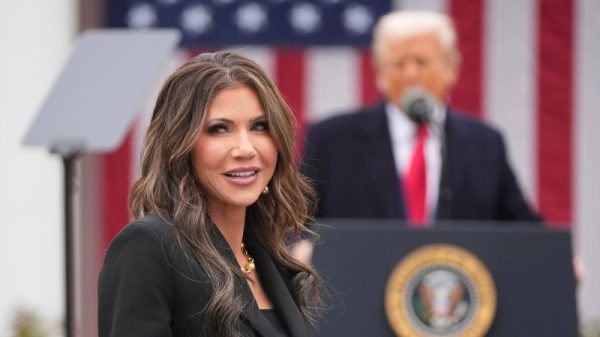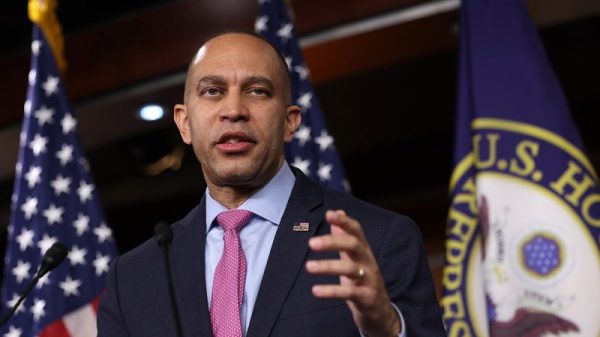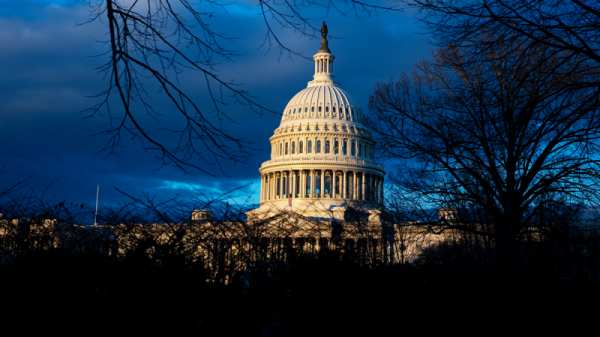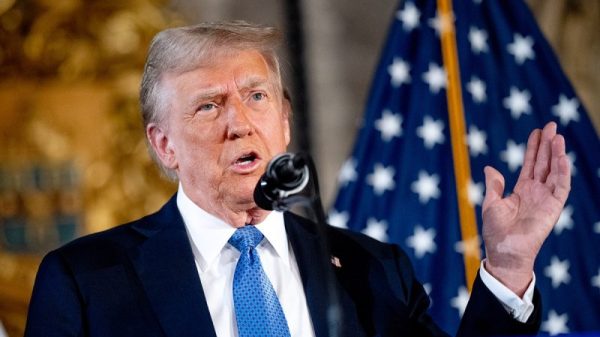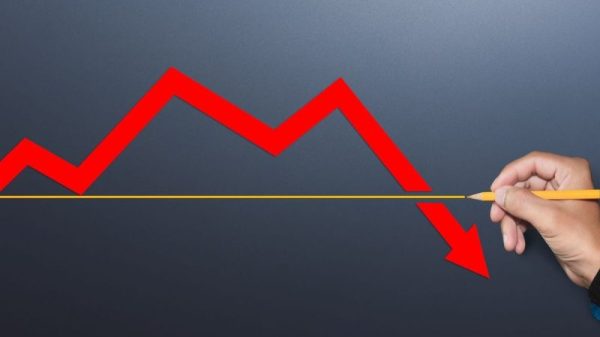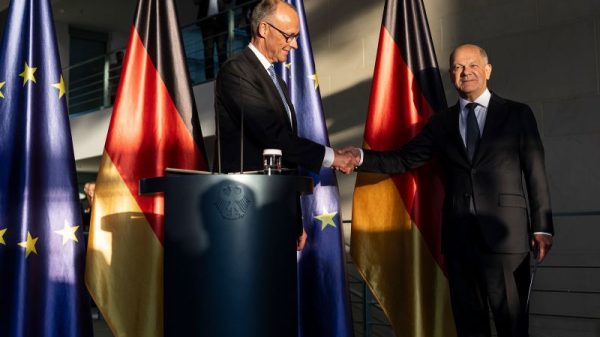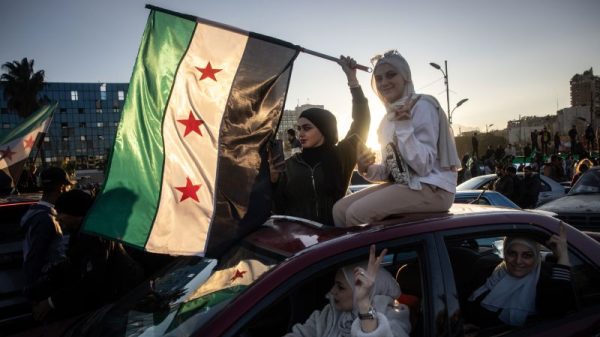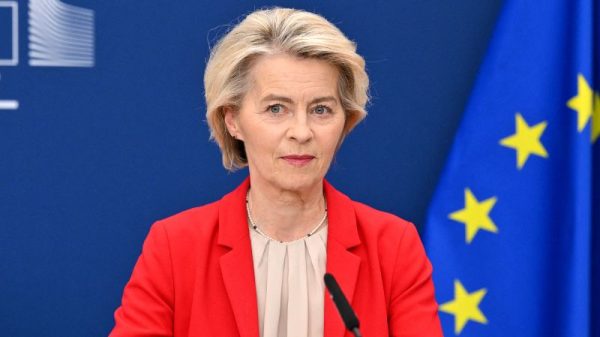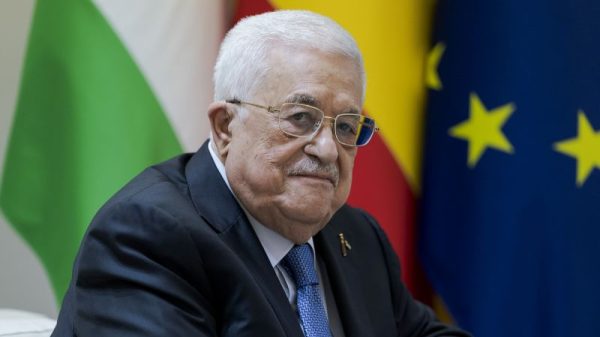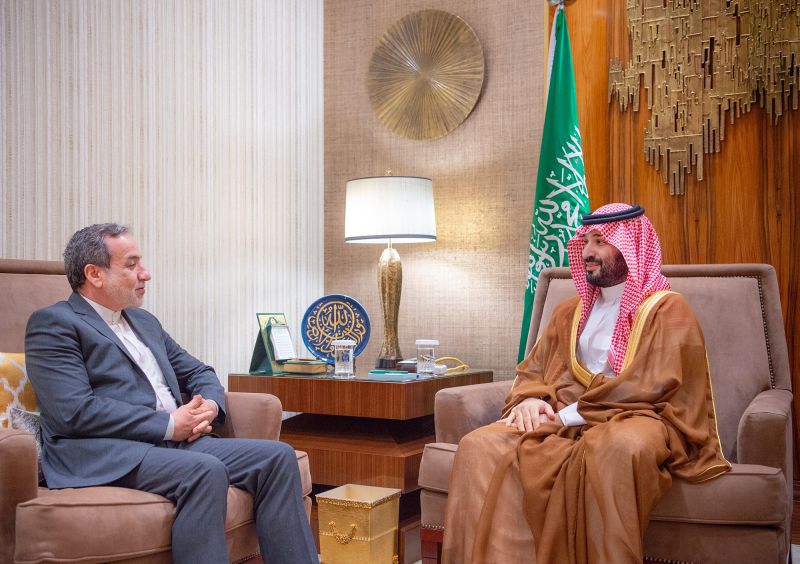Growing unease over the United States’ inability to de-escalate tensions in the Middle East is prompting some of Washington’s closest Arab allies to significantly increase engagement with its primary regional adversary: Iran.
Over the past few months, Arab nations have been leveraging their revived relations with the Islamic Republic to ward off a wider regional war as the US fails to contain an impending regional escalation.
US Secretary of State Anthony Blinken landed in Israel for his eleventh trip to the region in a year on Tuesday in an apparent effort to take advantage of the killing of Hamas leader and October 7 architect Yahya Sinwar to reach a ceasefire in Gaza. US officials, however, are tempering expectations as Washington’s calls for calm fall on deaf ears and Israel vows to push ahead with its wars in Gaza and Lebanon.
Blinken’s visit also comes as Israel prepares a response to Tehran’s October 1 firing of hundreds of missiles in one of the biggest ever attacks on the Jewish state. The strike was in response to Israel’s assassination of Hezbollah leader Hassan Nasrallah last month and its suspected killing of Hamas chief Ismail Haniyeh in Tehran in July.
Arab nations have long been suspicious of Shiite Iran’s role in a region that is dominated by US-allied Sunni states, and share Israel’s concerns about its support for non-state Islamist groups.
For the past month, Tehran has tried to gauge their position on its conflict with Israel, dispatching its top officials and diplomats for an intensive campaign of diplomacy with its neighbors, many of whom host US military personnel and bases. Arab nations that had spent decades brawling with Iran for regional influence are now opting to engage with it again.
Intensified diplomacy
In a rare meeting this month, Saudi Arabia’s Crown Prince Mohamed bin Salman, who once called Iran’s Supreme Leader Ayatollah Ali Khamenei the “new Hitler of the Middle East,” sat down with Iranian Foreign Minister Abbas Araghchi in Riyadh. It was the third meeting between Iranian and Saudi officials in one month. Tehran’s top diplomat also met Jordan’s King Abdullah II in Amman and made a rare trip to Egypt for a meeting with President Abdel Fattah Al Sisi in Cairo. He has also met Qatar’s prime minister in Doha, the Omani foreign minister in Muscat and the Bahraini king in Manama.
Those efforts appeared to have borne fruit.
“All our friends gave us assurances that their land and airspace will not be used to attack Iran… We are expecting this from all countries in the region,” Araghchi said after meeting Kuwait’s Crown Prince Sabah Al-Sabah in Kuwait City.
“The Gulf (Arab) monarchies’ priority is not to be directly involved in a proper regional conflagration. They fear they would be targeted and would end up being directly hit in the crossfire,” said Cinzia Bianco, a visiting fellow at the European Council on Foreign Relations. “They think the best way to avoid such a scenario is to make themselves very useful interlocutors for both sides and especially Iran, which is the most likely party to attempt hitting them.”
Israel’s actions in Lebanon and Gaza have significantly degraded Hezbollah and Hamas, groups that some Arab states and their media outlets have described as “terrorists.” While some Gulf Arab states may privately welcome the development, experts say they are very concerned about the potential of significant escalation in regional violence should Israel not be contained.
The Biden administration’s yearlong effort to mediate a ceasefire deal in Gaza and contain the violence in Lebanon has failed. The US has also struggled to convince Israeli Prime Minister Benjamin Netanyahu to de-escalate.
A ‘critical juncture’
Gulf Arab states like Saudi Arabia and the United Arab Emirates (UAE), two of the world’s top oil producers, have in recent years steered their foreign policies away from conflict to serve their economic interests, which has seen them repair ties with former adversaries like Iran. But they fear that an uncontained regional war could throw a wrench into their economic ambitions.
Gulf Arab nations that have come under attack several times from Iran-allied groups have grown skeptical of the US’ willingness to protect them if Iran strikes. Saudi Arabia’s oil facilities were hit in 2019 in an attack Washington blamed on Tehran, and the Iran-backed Houthi group in Yemen struck Abu Dhabi in 2022. The US did not intervene.
The UAE was disappointed by President Joe Biden’s de-designation of the Houthis as a terrorist organization soon after he took office, and the US failure to re-designate it in the wake of the Abu Dhabi attacks. The US only reinstated the terror designation this year after group started attacking shipping in the Red Sea to punish Israel after October 7.
“The sentiment in the Gulf has certainly shifted,” Bianco said, adding that “the Gulf monarchies have lost faith in their primary security guarantor, the United States.”
The shift in sentiment is the result of what Gulf states see as a yearslong effort by the US to step back from the Middle East as it moves its focus to China. Still, regional states rely heavily on their military relationship with the US. Saudi Arabia is seeking a formalized security agreement with Washington and the UAE, which hosts some 5,000 US military personnel, is expected to become a major US defense partner.
Just a week before Hamas’ October 7 attack last year, US National Security Adviser Jake Sullivan said in a discussion at the Atlantic Festival in Washington, D.C. that the Middle East “is quieter today than it has been in two decades.”
“The amount of time I have to spend on crisis and conflict in the Middle East today compared to any of my predecessors going back to 9/11 is significantly reduced,” he said, adding that the US’ efforts were focused on regional integration and normalization with Israel which “could create a greater and more stable foundation as we go forward.”











